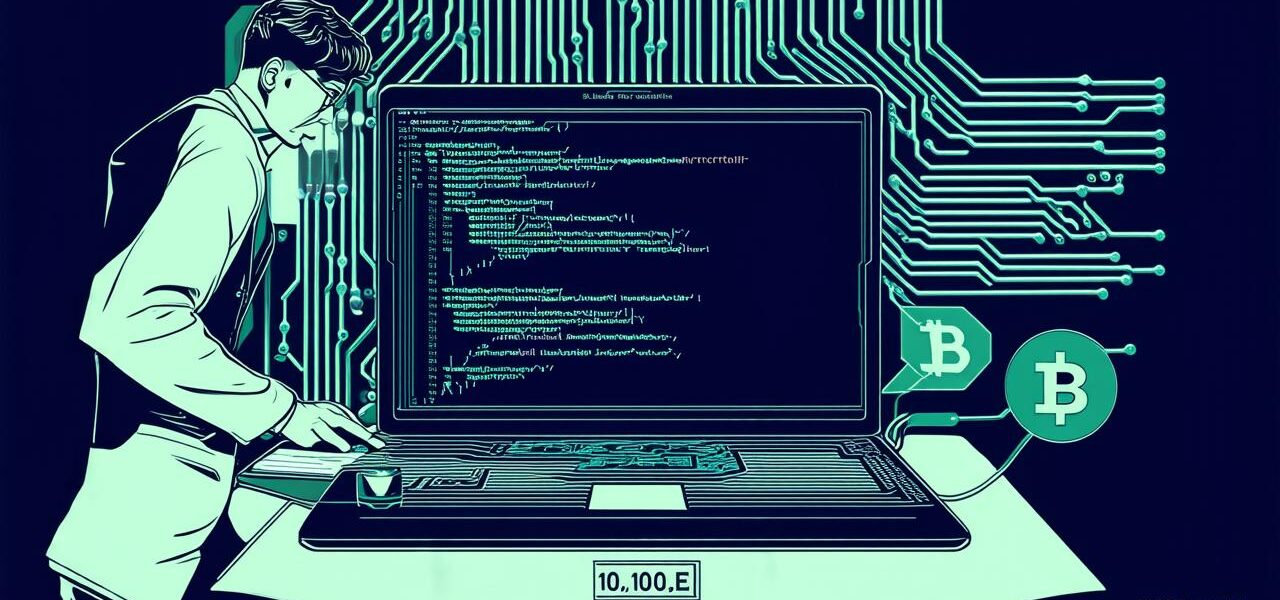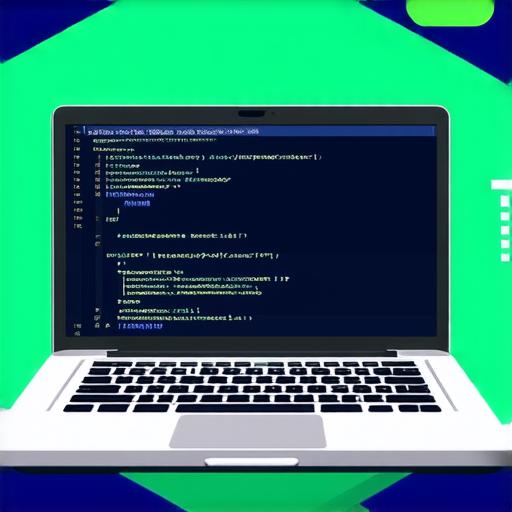
Exploring Blockchain Development Using Java: A Comprehensive Guide
Why Choose Java for Blockchain Development?
Java is a popular choice for blockchain development because of its reliability, scalability, and versatility. It provides a secure platform for developing blockchain applications with its built-in security features and support for encryption. Additionally, it has a large community of developers who contribute to its growth and provide resources for learning and troubleshooting.
Security
Java is known for its security features, making it an ideal choice for developing secure blockchain applications. Its built-in support for encryption and its ability to run on a virtual machine provide a high level of security for blockchain data.
Scalability
Java provides a scalable platform for developing blockchain applications that can handle large amounts of data. This makes it an attractive solution for businesses that need to process large volumes of transactions.
Versatility
Java is versatile and can be used in various industries, including finance, healthcare, and supply chain management. This makes it a popular choice for businesses looking to develop blockchain applications that are tailored to their specific needs.
Large Community
Java has a large community of developers who contribute to its growth and provide resources for learning and troubleshooting. This makes it easy for newcomers to learn the language and get started with blockchain development.
Getting Started with Java Blockchain Development
Here are some steps to get started with Java blockchain development:
- Choose a Platform: There are several platforms available for developing blockchain applications using Java, including Ethereum, Hyperledger Fabric, and Corda. Each platform has its own set of features and capabilities, so it is essential to choose one that meets your specific needs.
- Install the Java Development Kit (JDK): The JDK is a software development environment that allows you to develop blockchain applications using Java. It includes everything you need to get started, including tools for compiling, debugging, and deploying your code.
- Learn Blockchain Development Concepts: To get started with Java blockchain development, it is essential to have a solid understanding of blockchain development concepts. This includes understanding how blockchain works, the different types of blockchain networks, and smart contract programming.
- Write Your First Blockchain Application: Once you have installed the JDK and learned the necessary concepts, you can start writing your first blockchain application using Java. This involves defining the data structures, creating a smart contract, and deploying the application to a blockchain network.
Real-Life Examples of Java Blockchain Development
Here are some real-life examples of Java blockchain development:
- IBM Food Trust: IBM Food Trust is a blockchain platform developed by IBM for the food industry. It uses Java as its primary programming language and provides a secure platform for tracking food from farm to table. The platform allows businesses to trace products, monitor quality, and ensure compliance with regulatory requirements.
- Deloitte’s Global Trade Finance Platform: Deloitte’s Global Trade Finance Platform is a blockchain-based solution developed for the trade finance industry. It uses Java as its primary programming language and provides a secure platform for tracking shipments, managing payments, and ensuring compliance with regulatory requirements.
FAQs
Here are some frequently asked questions about Java blockchain development:

What are some popular platforms for developing blockchain applications using Java?
There are several platforms available for developing blockchain applications using Java, including Ethereum, Hyperledger Fabric, and Corda.
Do I need to install the Java Development Kit (JDK) to develop blockchain applications using Java?
Yes, you will need to install the JDK to develop blockchain applications using Java. It includes everything you need to get started, including tools for compiling, debugging, and deploying your code.
What are some real-life examples of businesses using Java for blockchain development?
IBM Food Trust and Deloitte’s Global Trade Finance Platform are two real-life examples of businesses using Java for blockchain development.
Summary
Java is a popular choice for blockchain development because of its reliability, scalability, and versatility. With the right tools and resources, anyone can get started with Java blockchain development. Whether you are a newcomer or an experienced developer, there are plenty of resources available to help you learn and get started. As blockchain technology continues to evolve, it is essential to stay up-to-date with the latest developments and incorporate them into your business operations to stay competitive in today’s digital landscape.



